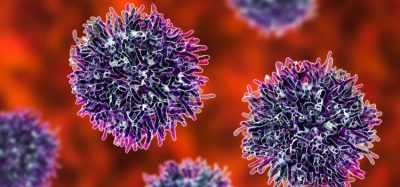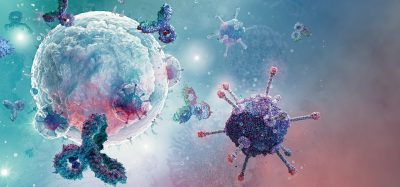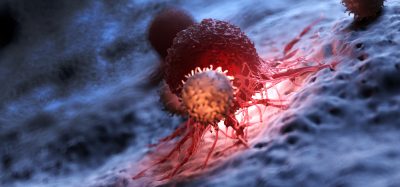New study challenges assumptions about the development of RA
Posted: 7 May 2024 | Drug Target Review | No comments yet
Scientists have discovered that each rheumatoid arthritis patient possesses a unique and diverse set of ACPAs.


Scientists at Utrecht University have discovered the complexity of the antibodies involved in the development of rheumatoid arthritis (RA). Using lab tools that enabled the analysis of the immune system at a molecular level, their findings indicate that current thoughts regarding the origin of RA are too simple, which may lead to improved diagnostics.
Although the exact cause of RA remains unknown, a key role is played by antibodies. Typically, the body’s immune system is equipped with a filter that removes autoantibodies that are incorrectly produced and attack the body. The researchers hypothesise that this mechanism is malfunctioning in RA patients, and the extent to which this filter is malfunctioning now appears to be much greater than expected. The study reveals that a very broad variety of autoantibodies can evade the filter.
Using novel mass spectrometry tools that profile specific antibodies normally found in the blood of RA patients, called anti-citrullinated protein antibodies (ACPAs), the team discovered that each RA patient possesses a unique and diverse set of ACPAs. This challenges past assumptions about the backgrounds of RA. Dr Albert Bondt, of the Bijvoet Center for Biomolecular Research and Utrecht Institute for Pharmaceutical Sciences at University of Utrecht stated: “This shows that RA is not just a disease occurring due to small errors, but a big structural problem in the immune system.”
Furthermore, it was shown that these ACPAs are extensively modified with Fab glycans. Interestingly, some antibodies had multiple sugar molecules attached, which is much more then researchers normally observe in antibody profiles. Dr Bondt said that to pass the filter of the immune system, the ACPA antibodies may be helped by having extra glycans.
Currently, efforts to develop treatments for RA are mostly focused on eliminating autoantibodies directly. However, Dr Bondt proposed that this strategy may not be effective: “When you realise that there is such an extreme diversity in RA-related autoantibodies, it seems virtually impossible to eliminate them. A better approach may be to intervene earlier in the disease process, by targeting the malfunctioning filtering mechanism that allows autoantibodies to pass through.”
“When more molecular details about RA-related antibodies are uncovered, the disease may be diagnosed in an earlier stage,” concluded Dr Bondt. “Even though RA remains an incurable disease, with an earlier diagnosis you can take better measures to control its progression.”
This study was published in Nature Communications.
Related topics
Antibodies
Related conditions
rheumatoid arthritis
Related organisations
Utrecht University
Related people
Dr Albert Bondt (Utrecht University)








